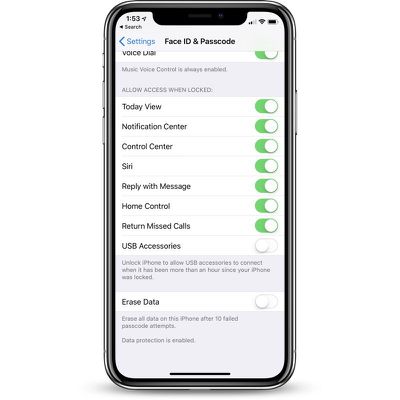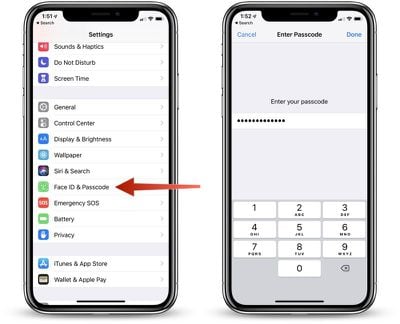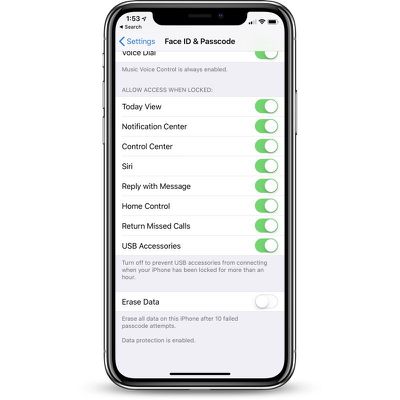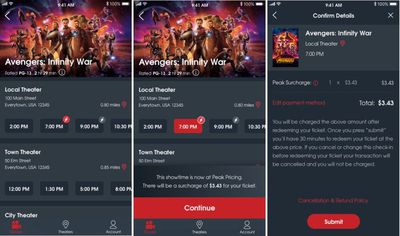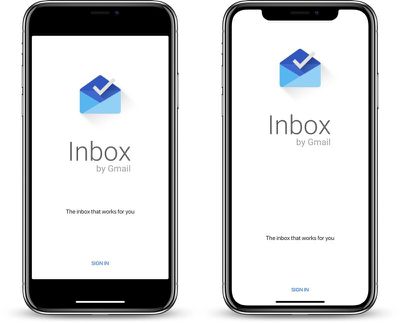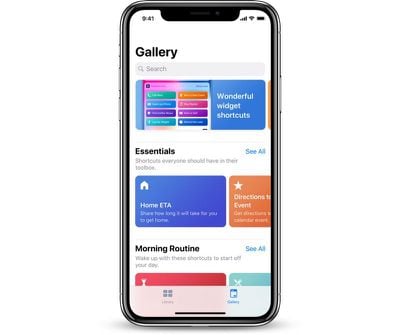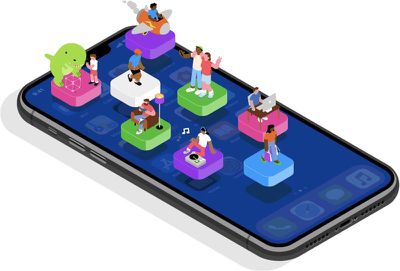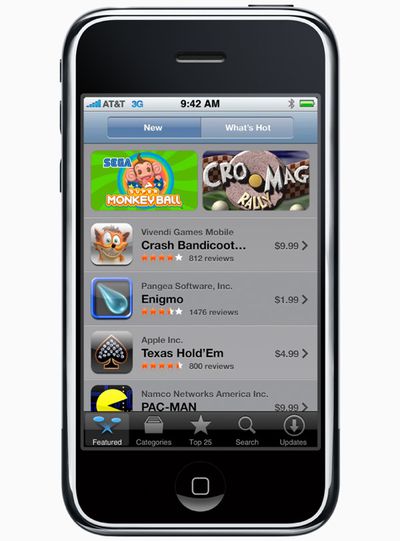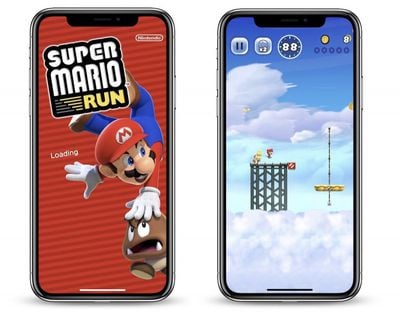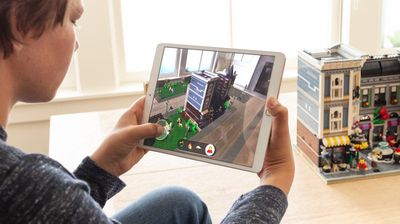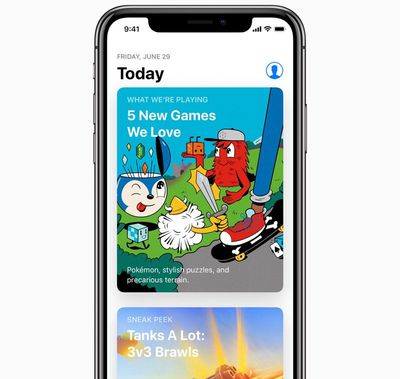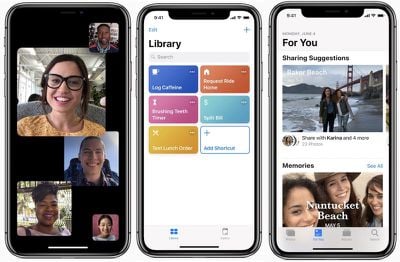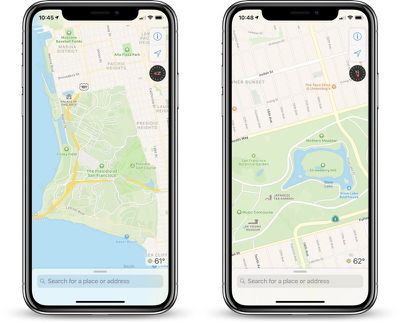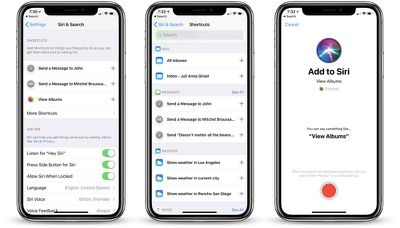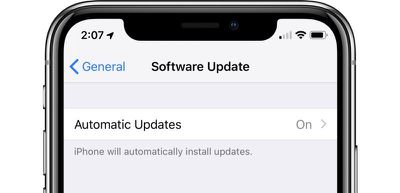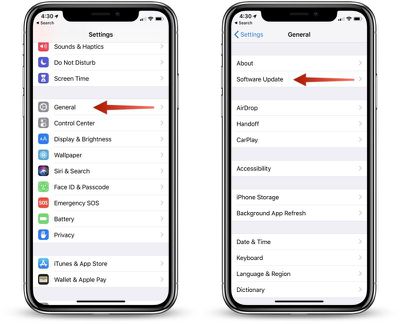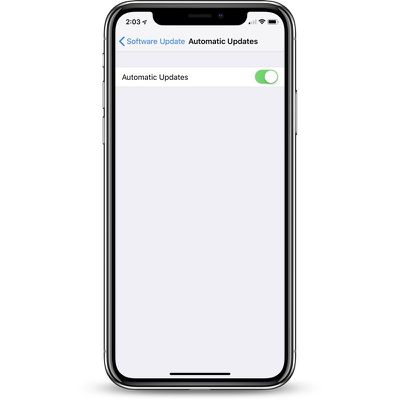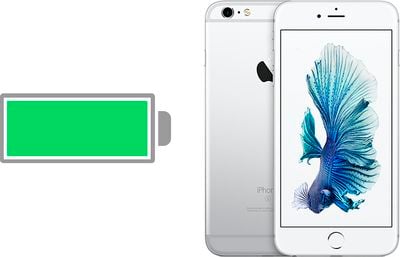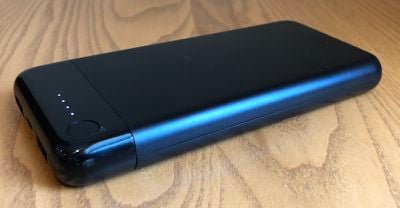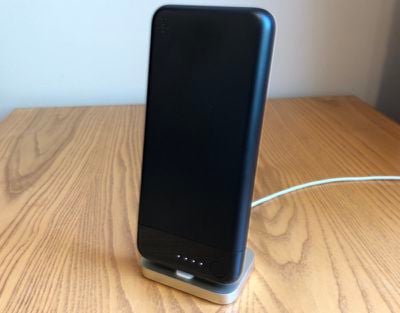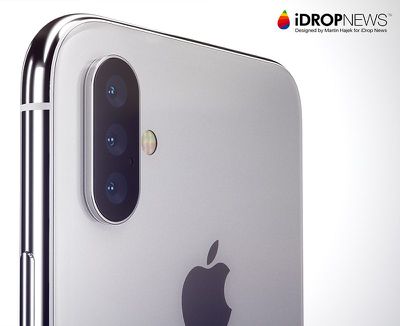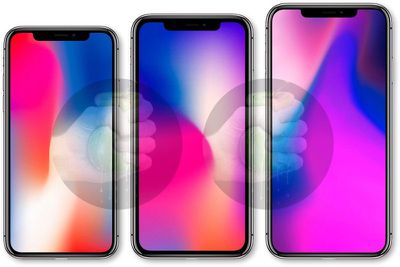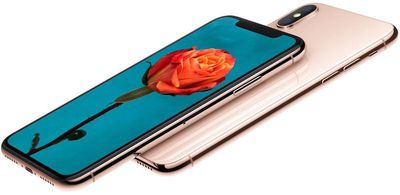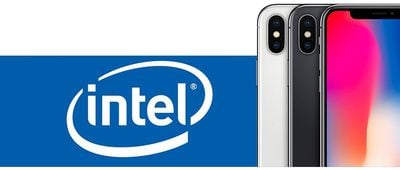Continuing on with its World Cup-themed content, Apple this evening uploaded three new soccer-related videos in its popular "Shot on iPhone" series to its YouTube channel, showcasing iPhone-captured content from Australia, Japan, and Berlengas Island, off the coast of Portugal.
The first video, "The Heart of Australia," features Aboriginal girls playing soccer, while the second video, "The 'Wa' of Soccer," features a group of monks playing a soccer match in Yatsushiro City in Kumamoto, Japan.
The Heart of Australia. Finding happiness through soccer, Aboriginal girls embrace the sport to create new opportunities for themselves. We get a glimpse inside their cultural heritage and how the community preserves and celebrates its identity.
We acknowledge the traditional custodians of the land, the Ntaria people of the Arrernte nation and their elders past and present. We acknowledge the land on which we gather, Arrernte country.
The 'Wa' of Soccer. A soccer match is an embodiment of life's struggles in 90 minutes. A group of monks play to connect with the local community, keep fit, and respect the 'wa' -- the peaceful unity and conformity within a social group.
The third video highlights the Berlengas Island Cup, where two rival Portuguese soccer teams (Baleal vs. Peniche) travel the Berlengas Islands to play a game on neutral territory.
Berlengas Island Cup 2018. Rival teams refuse to play on the other's pitch. They agree to play on neutral territory, the Berlengas islands off the Atlantic coast of Portugal, seven miles from the mainland. The Berlengas Island Cup 2018 hosts Baleal vs. Peniche. It's a historic match to decide who is champion of the sea and soccer pitch.
All three videos, like other photos and videos in the "Shot on iPhone" series, were captured using an iPhone, though Apple does not specify which of its iPhones was used to make each video.
Apple has been running its "Shot on iPhone" campaign in various forms since the launch of the iPhone 6, relaunching it each year for the iPhone 6s, iPhone 7, iPhone 8, and most recently, the iPhone X. Apple's "Shot on iPhone" content spans videos, photos shared on various social networks, billboards, and more.


